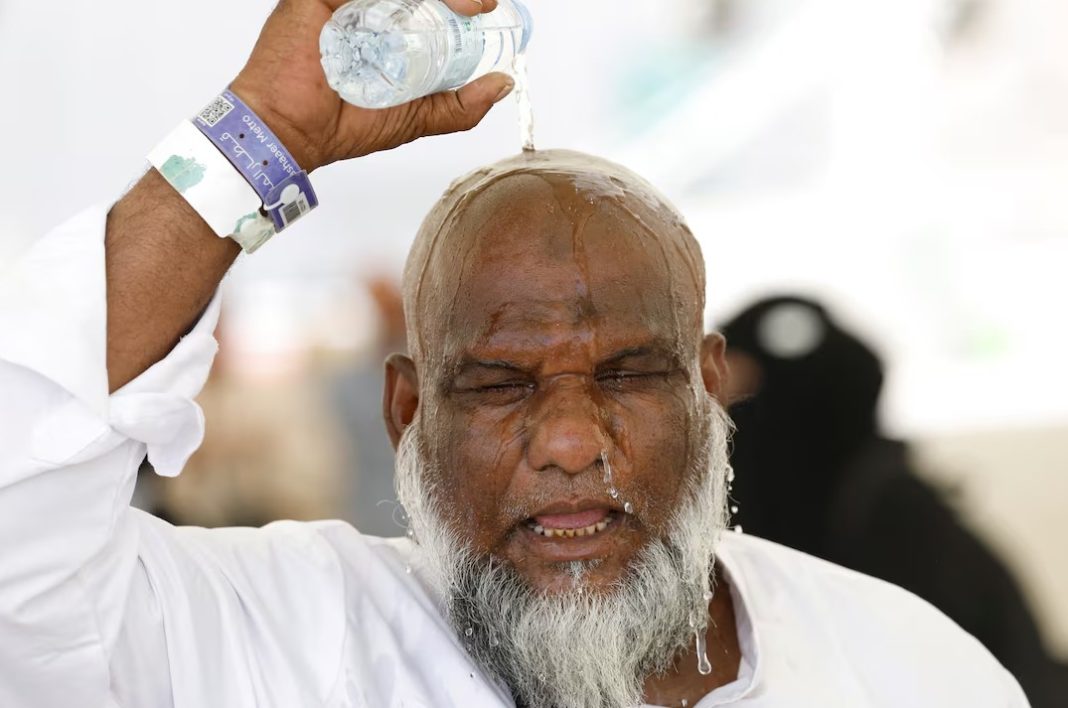At least 550 people have died on haj, diplomats told French outlet Agence France Presse (AFP). Three hundred and twenty-three of the dead were Egyptians, most of whom perished due to heat-related illness, AFP reported, citing two Arab diplomats.
Stampedes, tent fires and other accidents have caused hundreds of deaths during haj to Saudi Arabia in the past 30 years.
Saudi state TV said temperatures rose on Monday as high as 51.8 degrees Celsius (125.2 Fahrenheit) in the shade at the Grand Mosque in Mecca.
A 2024 study by the Journal of Travel and Medicine found that rising global temperatures may outpace strategies to deal with the heat. A 2019 study by Geophysical Research Letters said that as temperatures rise in arid Saudi Arabia due to climate change, pilgrims performing haj will face “extreme danger”.
Thirty-five Tunisian citizens have died during the haj, Tunisian news agency Tunis Afrique Presse said on Tuesday.
Many of those deaths were due to extreme heat, family members said on social media, as other families continued to search for missing relatives in Saudi hospitals.
The Jordanian foreign ministry announced it had issued 41 burial permits for Jordanian pilgrims on Tuesday. Earlier, the ministry said at least six Jordanian citizens died of heat stroke during the haj.
Eleven Iranians have died and 24 were hospitalized during the pilgrimage, Iranian state news outlet IRINN reported without giving the causes of death.
Three Senegalese citizens also died during haj, Agence de Presse Sénégalaise, said on Monday.
One hundred and forty-four Indonesian citizens died during the pilgrimage, Indonesian health ministry data showed on Tuesday. The data did not specify if any of the deaths were due to heat stroke.
